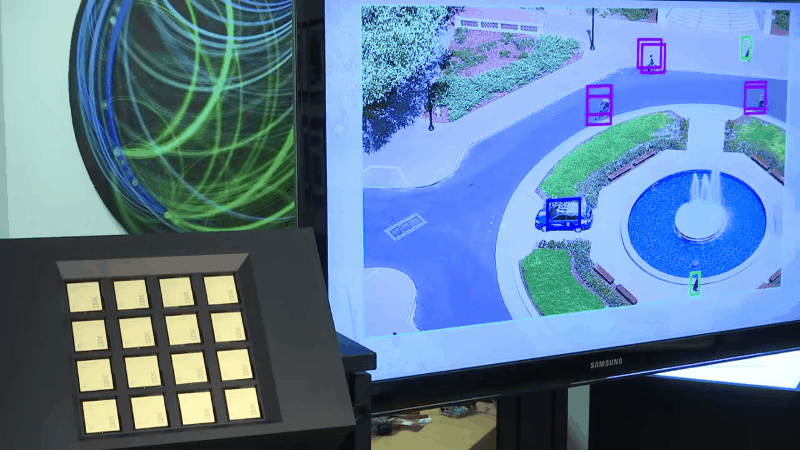Graylien
As if!
- Joined
- Jul 31, 2004
- Messages
- 4,428
- Location
- Norwich.
Go is a fascinating game. When I was young I found a book on it next to the chess books in the library and fashioned a Go board and a set of pieces from a cornflake box.
Since I had no real friends at the time I had to play against myself. Sad but true.
I also made helicopters from pen barrels, rubber bands and drinking straws. I dare say computers are better at doing that now too.
Since I had no real friends at the time I had to play against myself. Sad but true.
I also made helicopters from pen barrels, rubber bands and drinking straws. I dare say computers are better at doing that now too.





